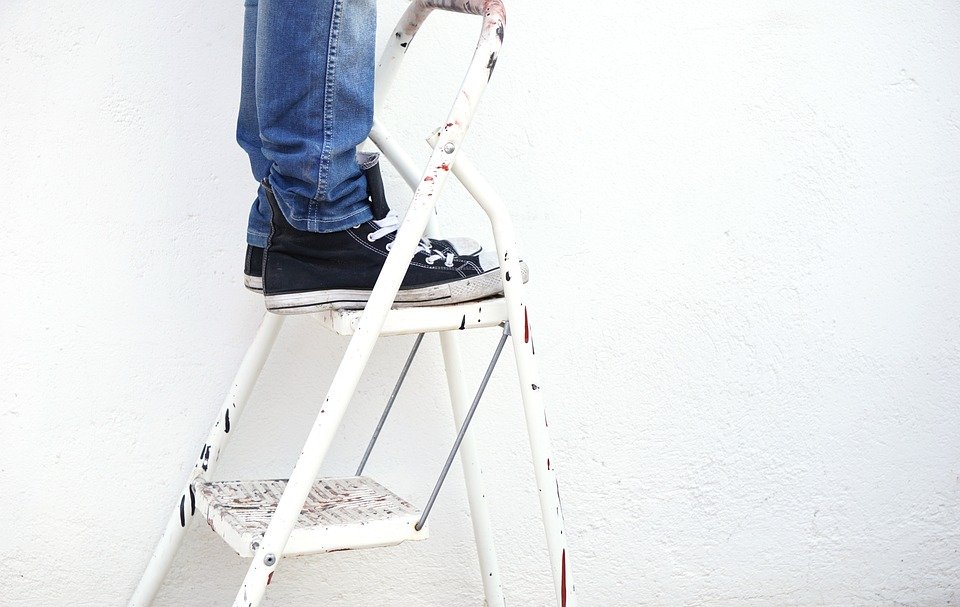Discover the Best of Seoul’s Art Scene at the Seoul Museum of Art
Are you looking for an enriching and culturally stimulating experience in Seoul? Look no further than the Seoul Museum of Art (SeMA), a dynamic institution that showcases some of the best contemporary art exhibits Korea has to offer. With a variety of exhibitions, workshops, and events, SeMA is a must-visit for art lovers.
In this article, we’ll cover everything you need to know about the Seoul Museum of Art, from its history to the current exhibitions and upcoming events. We’ll also highlight nearby places and suggest similar types of places.
History of the Seoul Museum of Art
The Seoul Museum of Art was established in 1988 with the aim of expanding and promoting traditional and contemporary Korean art. The museum has undergone several renovations and expansions over the years, most recently adding a new annex in 2013.
Current Exhibitions
The Seoul Museum of Art features a diverse array of exhibits, with a focus on contemporary Korean art. Some of the current exhibits on display include:
1. Woo Myung: Endless Journey (May 19 – September 12, 2021) – A retrospective of Woo Myung’s artistic career, featuring paintings, sculptures, and installations.
2. SeMA Collection Special Exhibition: The Memory Accelerator (June 8 – August 29, 2021) – An exploration of the relationship between visual art and memory, featuring works from SeMA’s permanent collection.
3. Support 2021: Yoon Hyangro (July 13 – September 19, 2021) – An exhibition of works by artist Yoon Hyangro, who explores cultural identity and memory through mixed media.
Upcoming Events
In addition to its current exhibitions, the Seoul Museum of Art hosts a variety of events and workshops throughout the year. Here are a few upcoming events to keep on your radar:
1. Online Art Talk: Artist Talk with Myoung Ho Lee (August 5, 2021) – Join us for a virtual discussion with artist Myoung Ho Lee, who is known for his striking tree installations.
2. Hands-on Workshop: Natural Materials and Colors (August 22, 2021) – In this in-person workshop, participants will learn how to make natural dyes and use them to create their own works of art.
3. Film Screening: The Village Green (September 4, 2021) – Watch the poignant documentary about the conflict between economic development and environmental preservation in Korea, followed by a Q&A with the filmmakers.
Nearby Places to Visit
After visiting the Seoul Museum of Art, there are plenty of other cultural attractions and landmarks nearby that are worth checking out. Here are a few suggestions:
1. National Museum of Modern and Contemporary Art, Seoul: Located just a short walk away from the Seoul Museum of Art, this museum features works by both Korean and international artists. Admission is free on the last Wednesday of every month.
2. Gyeongbokgung Palace: This grand palace complex is one of the most iconic historical landmarks in Seoul. Visitors can go on guided tours and experience traditional Korean culture.
3. Bukchon Hanok Village: A quaint neighborhood filled with traditional Korean homes, this area is a great spot to learn more about Korean history and architecture.
Similar Types of Places
If you love contemporary art and are looking for other museums to explore in Korea, here are a few places to add to your list:
1. Leeum, Samsung Museum of Art: This museum in Seoul features a mix of traditional and contemporary Korean art, as well as works by international artists.
2. SongEun ArtSpace: This gallery in Gangnam-gu, Seoul, showcases contemporary art by emerging Korean and international artists.
3. Busan Museum of Art: Located in the coastal city of Busan, this modern museum features a collection of contemporary art from Korea and around the world.
Conclusion
The Seoul Museum of Art is a must-visit destination for anyone interested in contemporary Korean art. With a variety of exhibits, workshops, and events, there’s always something new to see and experience. Be sure to also explore nearby attractions and check out other contemporary art venues across Korea for a well-rounded cultural experience.



